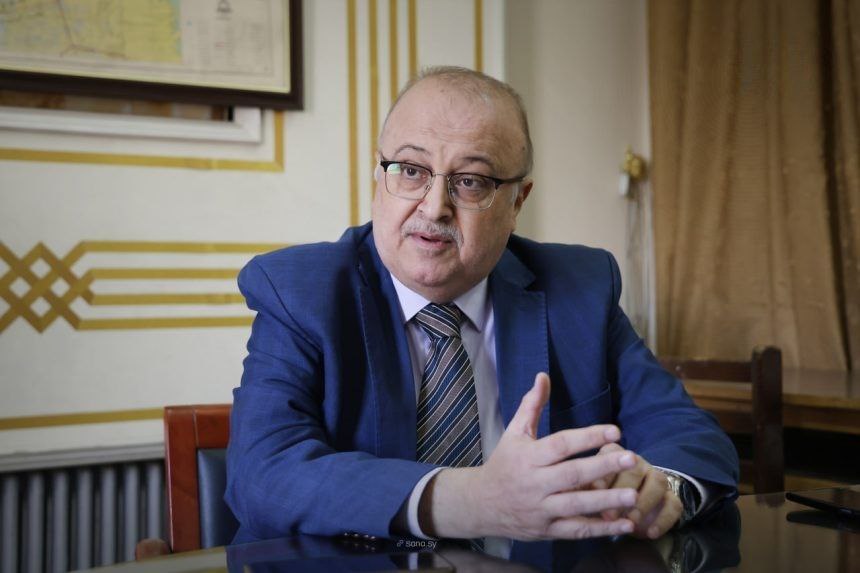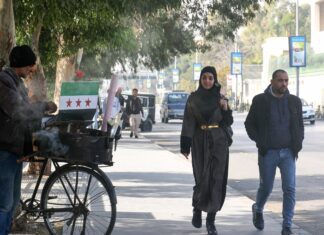 The Arabic Encyclopedia in Syria, a leading scientific and cultural institution, is entering a new phase of development in the digital age, seeking to document Syrian and Arab heritage and make it accessible to researchers worldwide.
The Arabic Encyclopedia in Syria, a leading scientific and cultural institution, is entering a new phase of development in the digital age, seeking to document Syrian and Arab heritage and make it accessible to researchers worldwide.
A Vision Aligned with Modern Technology
Following the country’s liberation, Dr. Iyad Tabbaa, director general of the Encyclopedia, stressed the need to adapt to two key transformations: the emerging political landscape and global technological progress. The institution plans to expand its reach through electronic publishing, open-access databases, and the creation of a comprehensive digital reference that keeps pace with international standards.
Ambitious and Specialized Projects
The Encyclopedia currently oversees several major projects, including the Comprehensive Arabic Encyclopedia in 24 volumes, the Medical Encyclopedia in 15 volumes, and the Integrated Legal Encyclopedia in seven volumes, which is already available online.
Another initiative, the Encyclopedia of Antiquities in Syria, is under development, alongside the upcoming Greater Damascus Encyclopedia, which will document the capital’s history. Similar encyclopedias are planned for other Syrian cities.
Digital Transformation and Historical Documentation
The Authority is also working to document the history of the Syrian Revolution in cooperation with the Ministry of Culture and other specialized bodies. The project focuses on preserving oral histories and transmitting them to future generations.
In addition, the institution is enhancing its digital presence by developing an interactive mobile application and adopting artificial intelligence technologies to expand accessibility and reduce the limitations of traditional print publishing.
Ensuring Quality and Expanding Global Reach
To maintain scholarly rigor, all content undergoes multiple review stages by expert researchers in coordination with the Arabic Language Academy. The Authority is also exploring partnerships with global knowledge platforms such as Wikipedia and plans to issue electronic editions through international publishers.
Despite its progress, the Encyclopedia faces financial and technical challenges, including limited funding and the need to modernize its software infrastructure. To overcome these barriers, it is pursuing institutional partnerships and private-sector cooperation.
Looking ahead, the institution aims to expand its educational role through initiatives such as the “Little Encyclopedia,” designed to promote knowledge among younger generations. With this forward-looking vision, the Arabic Encyclopedia Authority continues its mission as a beacon of knowledge and a guardian of cultural heritage, connecting Syria’s intellectual legacy to the wider Arab and global community.








